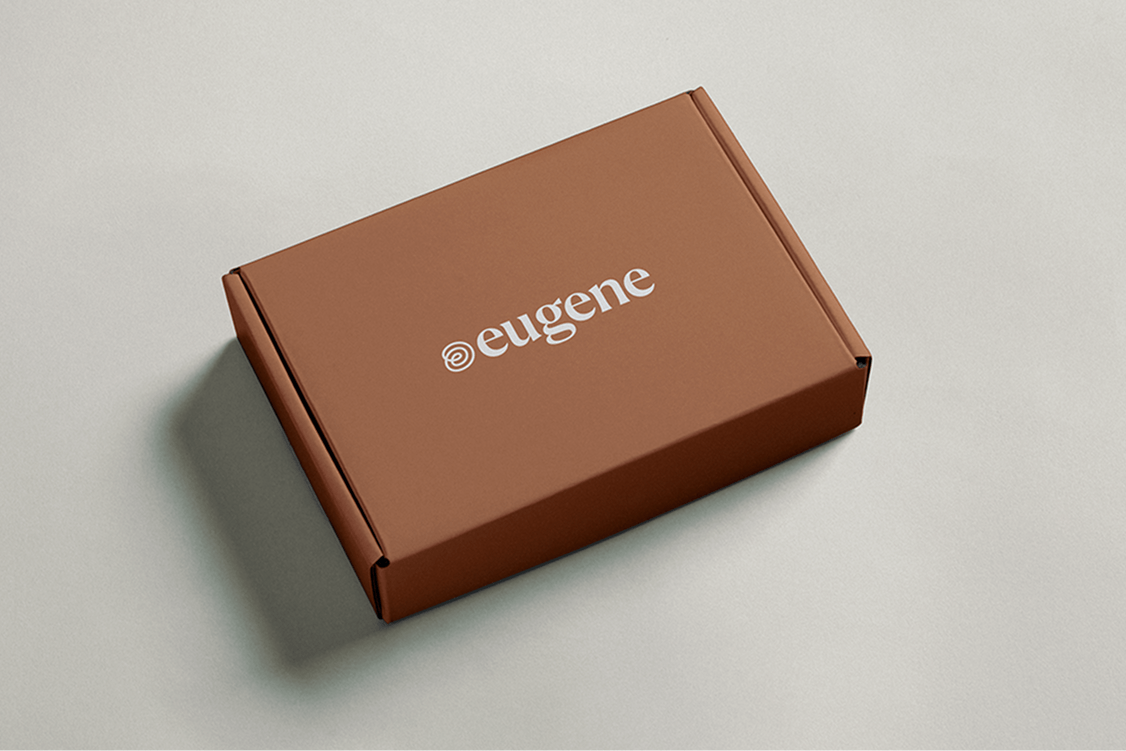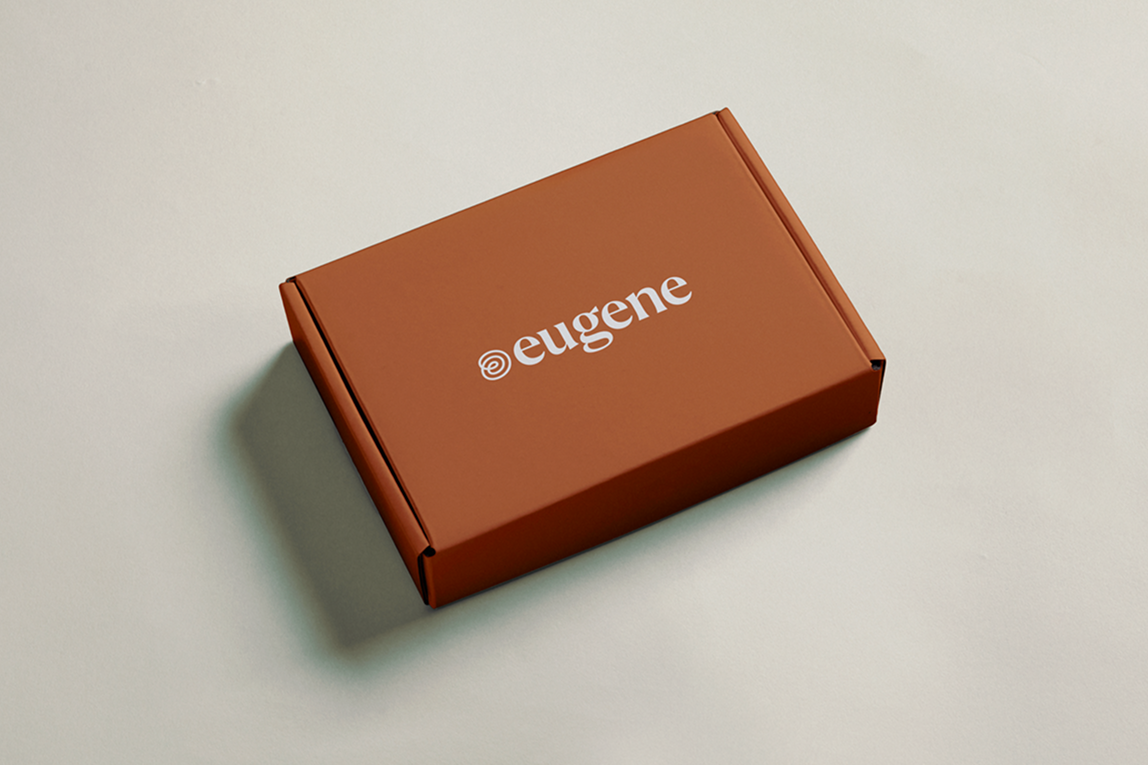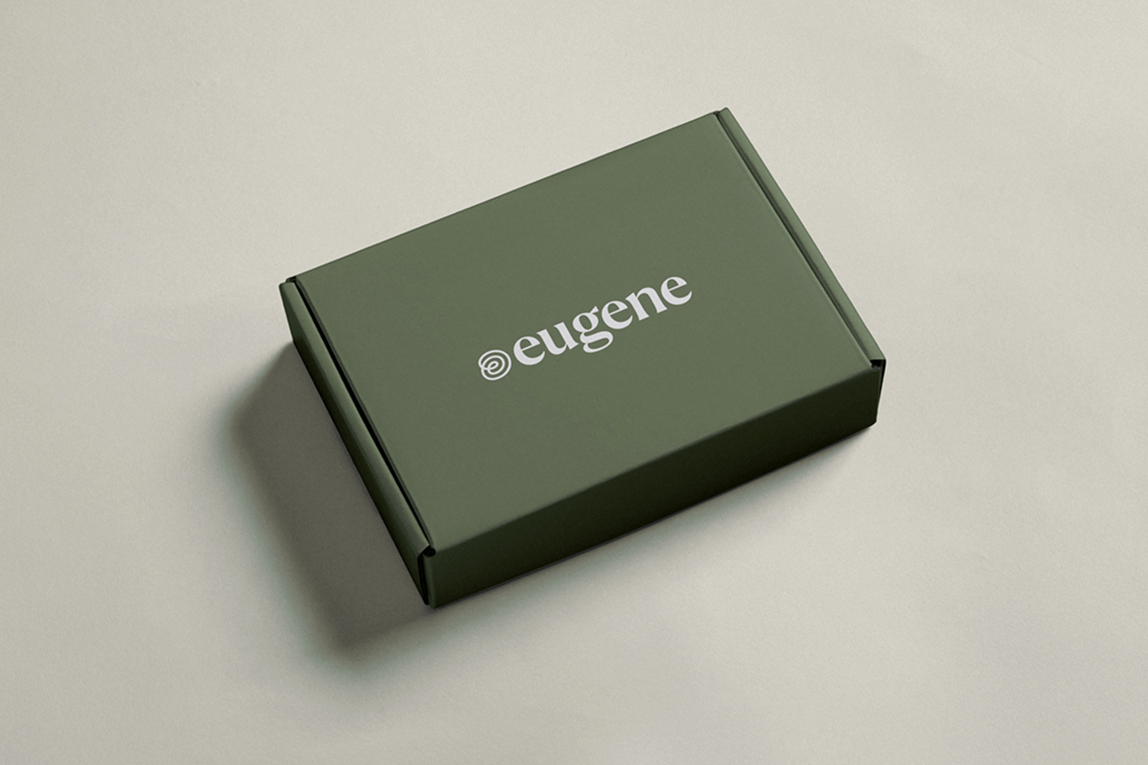
Proactive Cancer Risk Test
Understand your genetic risk of developing certain cancers so you can make important health choices that are right for you.
How testing works
On demand - simple, at-home testing and counselling
1. Order your test
It's just a saliva test. No blood, no needles.
2. We analyse your DNA
Screening for 65 cancer risk genes.
3. Results in 4 weeks
A virtual genetic consultation to discuss your results & action plan.
What is cancer? What causes it?
Cancer can affect people of all ethnicities and genders. It happens when cells grow out of control and stop participating in the healthy functioning of our bodies. This is caused by gene variations that happen over time as our cells divide.
We’ve got lots of checks and balances in the body that help us keep on top of these problem cells and stop them from growing out of control.
However, some people inherit gene variations that affect their body’s ability to manage these uncontrollable cells. For people with these variations, normal healthy living advice is not always enough to manage their risk or prevent cancer.
Check if you have a gene variation that increases your risk of developing cancer.
Even though all cancer is genetic, only some of us are born with a higher chance of developing it.
Eugene’s proactive cancer risk test looks for inherited gene variations that increase your risk of developing some of the most common types of cancer – including breast, ovarian, bowel and prostate cancer.
Some of the genes included on this test —
BRCA1 & BRCA2
Breast, ovarian, pancreatic, prostate cancer and melanoma
MLH1, MHS2, MSH6 & PMS2
Lynch Syndrome: bowel, ovarian and uterine cancer.
CHEK2 & ATM
Breast, colorectal, endocrine, ovarian, and prostate cancer.

Your personalised action plan.
Knowing your personal risk can help you make health choices above and beyond normal healthy living.
Your Eugene care team reviews your genetic test results and your personal & family history to help you understand your lifetime risk of cancer. Based on your results, we also discuss screening and prevention measures that you and your doctor can act on.
These measures can include —
- Specific lifestyle changes to improve long-term health
- More frequent screenings to catch cancer early
- Medications to lower your long-term risk
- In some rare cases, more serious options like surgery to consider
Genetic counselling and next steps
Your Eugene counsellor is there to help you understand your results and feel empowered to make choices that are right for you. They can also connect you to a network of healthcare professionals & community groups to make sure you’re always supported.
Frequently asked questions
What genes does eugene's cancer screening test for?
What genes does eugene's cancer screening test for?
You can find the full list of conditions screened forhere.
What can I do with my genetic cancer risk results?
What can I do with my genetic cancer risk results?
The results of Eugene’s proactive cancer risk test can help you learn if you have an increased chance of developing different cancers in your lifetime. The test screens for 65 genes known to be associated with different types of cancers, including breast, ovarian, bowel, kidney, prostate, stomach, pancreatic and brain cancer.
Approximately 5% of people who choose to have proactive cancer risk testing find that they carry a variation in one of these 65 genes, which may increase their lifetime risk of developing cancer. These results may inform management options that can reduce the chance of cancer developing. Depending on your results and the specific type of cancer risk identified, your genetic counsellor can explore possible options, including:
- Screening to detect cancer at an early and treatable stage. This may take place in the form of more frequent screening depending on the type of cancer risk, such as regular mammograms for breast cancer risk, ultrasounds for kidney cancer risk, or colonoscopy for bowel cancer risk.
- Medication to prevent or reduce the chance of developing cancer.
- Surgery to prevent or reduce the chance of developing cancer. For example, a female with a genetic variation in the BRCA1 gene has approximately 80% risk of developing breast cancer by the time she is 80 years old. If she has a double mastectomy (removal of both breasts), her breast cancer risk reduces to less than 5%.
Your genetic counsellor will discuss your results with you and explore what, if any, screening or management options are available. Eugene’s genetic counsellors can refer you to specialist tertiary clinical services who can work together to create a customised cancer-risk management plan based on your needs and specific results.
It is important to understand that Eugene’s proactive cancer risk test cannot diagnose you with cancer or guarantee your cancer risk. This test cannot exclude all risk factors or causes of cancer. A negative (where no changes are found) test result does not rule out the risk of developing cancer.
Suppose you have a strong family history of cancer or health or lifestyle risks that may impact your cancer risk. In that case, your genetic counsellor may recommend a referral to a tertiary clinical service for review.
If a gene variation is found that increases my risk, does that mean I will develop cancer?
If a gene variation is found that increases my risk, does that mean I will develop cancer?
No. Genetics is only one part of the cancer risk puzzle. Having a gene variant in one of the genes included on our test will increase your chance of developing cancer, but not everyone who has a gene variation will get cancer in their lifetime.
There are many other factors that contribute to your risk, including environmental factors like exposure to the sun and lifestyle factors like smoking and exercise. If a gene variant is identified on our test, your results will include information about the specific gene variation you carry and how it influences your cancer risk so you can better understand your lifetime chance of developing that specific type cancer.
What is genetic counselling?
What is genetic counselling?
Genetic counsellors guide people in making important decisions around how genetics influences their health. They are not doctors, but are genetic specialists that are trained to identify, explore and explain genetic risk. They can help you be practically and emotionally prepared to make empowered choices that feel right for you.
At no additional cost, connect with your Eugene genetic counsellor to discuss your test results. They can help you understand your results, answer any questions and help you learn more about what your results mean for you.
Could this test affect my ability to get insurance?
Could this test affect my ability to get insurance?
In some cases this test could impact your ability to get life or income protection insurance.
Not impacted—
Your ability to get health insuranceYour existing life and/or income protection cover. However, if you want to take out cover or change your existing policy, this test may have an impact.Life and other insurances through super that are group policies and don’t take into account personal medical history.If your result doesn’t identify a gene variant then your insurance shouldn’t be impacted.
Could have an impact —
If you want to take out cover or change your existing policy, this test may have an impact.
On policies that do consider your medical history, like underwritten policies above certain coverage amounts (currently $500,000 for life insurance). If a gene variation that increases your risk of cancer is identified before you have taken out cover, you may be denied cover, or have to pay a higher premium or have policy exclusions.
For more information about how life and other insurance products may be impacted by genetic testing, visit the Financial Services Council or the Center for Genetics Education website.
How are my results used by my doctor in my ongoing care?
How are my results used by my doctor in my ongoing care?
Your result will help you and your doctor determine any action strategies for prevention and early detection that might be appropriate for you.
Is there support to help me understand my results?
Is there support to help me understand my results?
Absolutely!
Each test comes with a post test genetic counselling session. Your Eugene genetic counsellors are all trained and have practiced across a number of specialties in addition to carrier screening and together with our consultant geneticists and widespread network of healthcare professionals, we make sure you’re always connected and supported.
Are my results and personal info protected?
Are my results and personal info protected?
As a healthcare company, we comply with the most stringent local and inernational privacy and security regulations. We take incredible care to use technical, process and physical safeguards to secure your personal information and protect it against misuse, loss or alteration.
Finally, Eugene doesn’t share any of your data with anyone but you and (with your express permission) your doctor.
I don't have a family history of cancer, is this still relevant for me?
I don't have a family history of cancer, is this still relevant for me?
Yes.
Even if you don’t have a family history you could still have a genetic risk that increases your own risk. Not everyone who carries an increased risk gene variant will develop cancer, so not every family will have a cancer history. So, while gene variations that increase cancer risk are rare, knowing whether or not there’s one in you or your family could be lifesaving.
What happens to my sample once the test is complete?
What happens to my sample once the test is complete?
Your saliva sample is destroyed after 30 days. In unusual cases when testing takes longer than 30 days, the specimen will be retained until the report is delivered.

